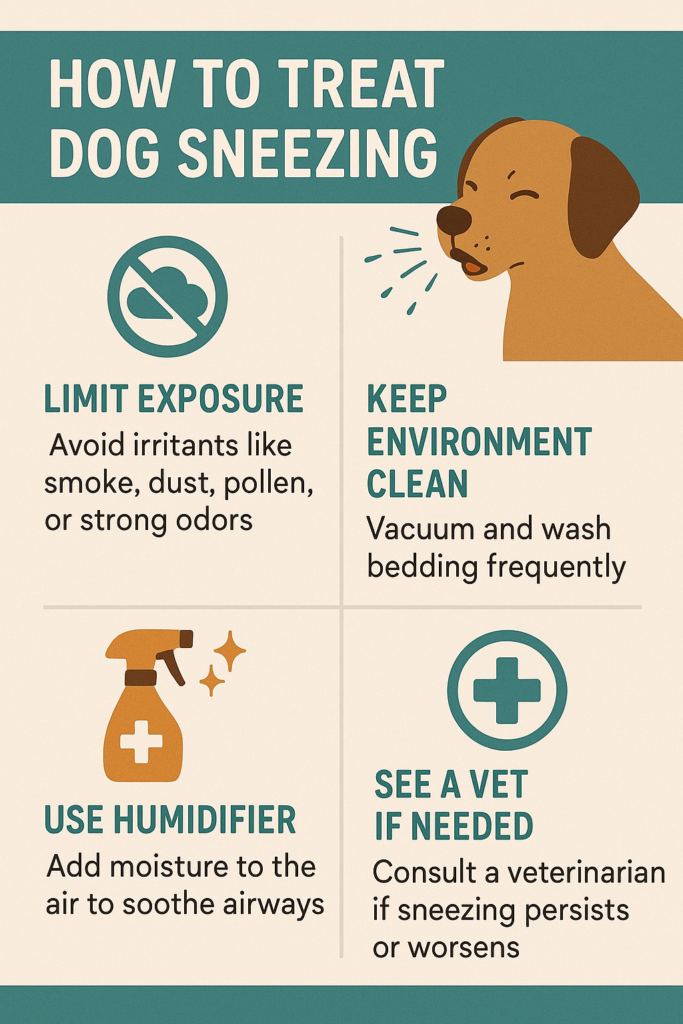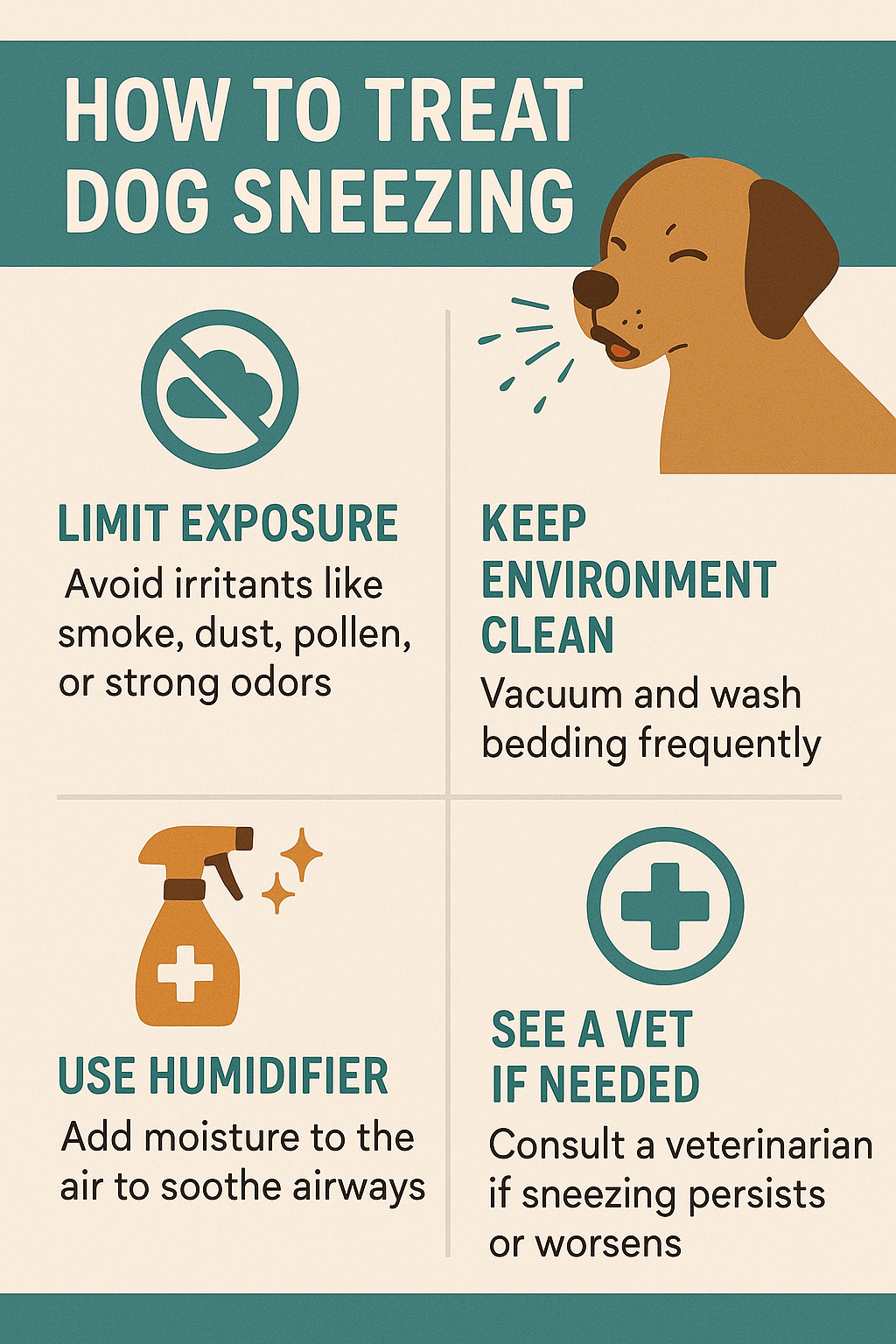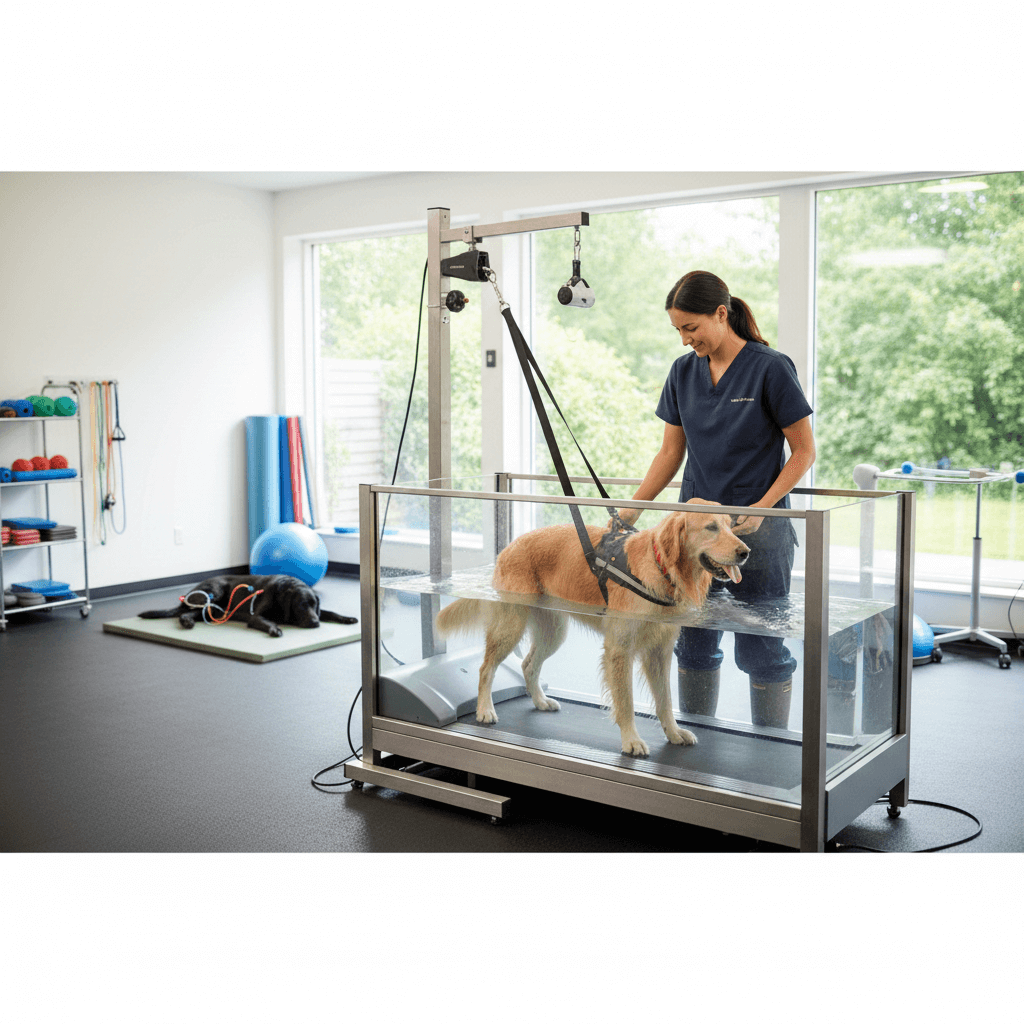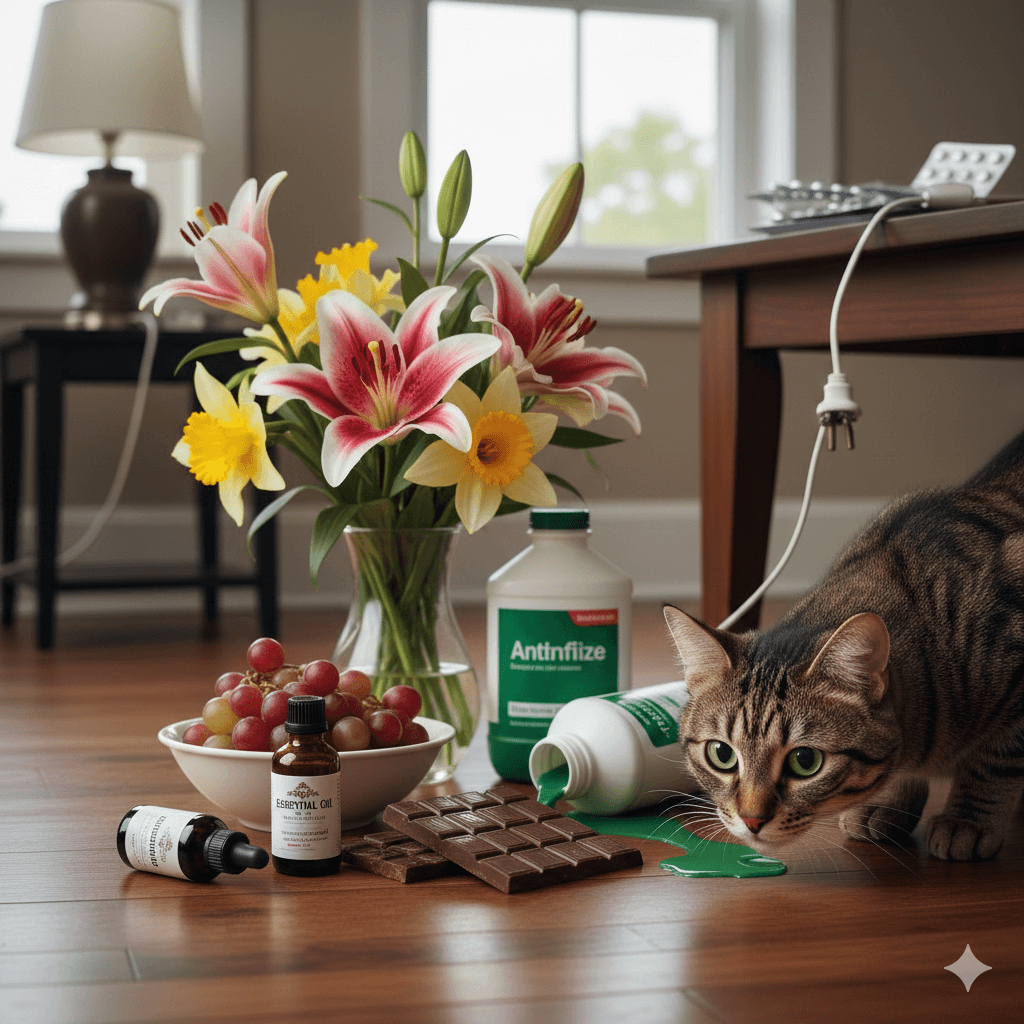How to Treat Dog Sneezing
Sneezing is a common occurrence in dogs, and while it’s often harmless, it can sometimes signal an underlying issue that requires attention. Whether your furry friend is sneezing due to allergies, irritants, or an infection, understanding the cause and knowing how to respond is key to keeping them healthy and happy. In this blog post, we’ll explore the potential reasons behind dog sneezing, effective treatment options, and preventive measures to ensure your pup stays in top shape. Let’s dive into everything you need to know about addressing this common yet sometimes concerning symptom.
Expert Insight: Understanding Dog Sneezing
“While sneezing in dogs is a normal response, it can also be a symptom of illness. For example, if your dog gets some pollen trapped in their nose, a few sneezes will follow that only last for a few episodes. However, if your dog has an allergy to that pollen, the sneezing can become excessive and may result in other symptoms.”
Common Causes of Dog Sneezing
Before treating your dog’s sneezing, it’s important to identify the root cause. Dogs sneeze for a variety of reasons, ranging from minor irritations to more serious health concerns. Here are some of the most common triggers:
Allergies:
Like humans, dogs can suffer from seasonal or environmental allergies, which may cause sneezing as a reaction to pollen, dust, or mold.Foreign Objects:
Small particles like grass seeds, dirt, or foxtails can get lodged in a dog’s nasal passages, leading to persistent sneezing.Infections:
Viral, bacterial, or fungal infections such as kennel cough or sinusitis can irritate the respiratory system and trigger sneezing.Nasal Mites:
These tiny parasites can invade a dog’s nasal cavity, causing irritation, sneezing, and even nosebleeds.Dental Issues:
Dental infections or abscesses can affect the sinuses, resulting in sneezing as a secondary symptom.
Understanding these causes helps you determine whether your dog’s sneezing is a minor issue or something that requires veterinary attention.

Home Remedies for Mild Dog Sneezing
If your dog’s sneezing seems mild and isn’t accompanied by other worrying symptoms, there are several home remedies you can try to provide relief. These simple solutions often address common irritants and promote nasal health.
Keep the Environment Clean:
Regularly vacuum and dust your home to reduce allergens like pet dander, pollen, and mold spores.Use a Humidifier:
Adding moisture to the air can soothe irritated nasal passages, especially during dry seasons or in air-conditioned spaces.Clean Your Dog’s Nose:
Gently wipe your dog’s nose with a damp cloth to remove any visible debris or irritants.Provide Fresh Water:
Ensure your dog has access to clean, fresh water to stay hydrated and flush out toxins.Limit Exposure to Irritants:
Avoid exposing your dog to cigarette smoke, strong perfumes, or cleaning chemicals that could irritate their nasal passages.
These home remedies can help alleviate mild sneezing, but always monitor your dog for signs of improvement or worsening symptoms.
Check this guide 👉Dog Sneezing Blood: Best 7 Health Tips!
Check this guide 👉Dog Allergies and Sneezing: Best 7 Expert Tips!
Check this guide 👉Understanding Dog Reverse Sneezing at Night: Best 7 Tips!
When to Try Home Remedies | When to See a Vet |
|---|---|
Occasional sneezing without other symptoms | Persistent sneezing lasting more than a few days |
Known exposure to mild irritants | Sneezing accompanied by nasal discharge or blood |
No signs of discomfort or pain | Difficulty breathing or wheezing |
Recent environmental changes (e.g., new air freshener) | Swelling around the nose or face |
Dog is otherwise active and eating normally | Behavioral changes like lethargy or loss of appetite |
Veterinary Treatments for Dog Sneezing
If home remedies don’t resolve your dog’s sneezing or if the symptoms worsen, it’s time to consult a veterinarian. Professional treatments can address more serious causes and restore your dog’s health.
Antibiotics:
If a bacterial infection is causing the sneezing, your vet may prescribe antibiotics to clear the infection.Antihistamines:
For allergy-related sneezing, antihistamines can help reduce inflammation and relieve symptoms.Nasal Flushes:
Veterinarians may perform a saline nasal flush to remove foreign objects or mucus buildup from the nasal passages.Anti-Parasitic Medications:
If nasal mites are the culprit, your vet will administer medications to eliminate the infestation.Surgery or Advanced Care:
In rare cases, tumors or structural issues may require surgical intervention or specialized treatment.
Seeking veterinary care ensures your dog receives the appropriate diagnosis and treatment for their specific condition.
Preventive Measures to Reduce Dog Sneezing
Preventing sneezing starts with minimizing exposure to irritants and maintaining your dog’s overall health. These proactive steps can help keep your pup’s respiratory system in good shape.
Regular Grooming:
Keep your dog’s coat clean and free of debris to reduce the risk of allergens or irritants entering their nasal passages.Avoid Hazardous Environments:
Keep your dog away from areas with high levels of pollution, dust, or chemical fumes.Routine Vet Checkups:
Regular veterinary visits can catch potential health issues early before they lead to sneezing or other symptoms.Monitor Playtime Outdoors:
Check your dog’s nose and paws after outdoor activities to ensure no foreign objects are stuck.Maintain Dental Hygiene:
Brush your dog’s teeth regularly and schedule dental cleanings to prevent infections that could affect their sinuses.
By taking these preventive measures, you can minimize the chances of your dog developing sneezing issues in the future.
Signs That Your Dog’s Sneezing Requires Immediate Attention
While occasional sneezing is usually harmless, certain symptoms warrant urgent veterinary care. Recognizing these red flags can help you act quickly and prevent complications.
Bloody Nasal Discharge:
Blood in nasal discharge could indicate trauma, infection, or a more serious condition like a tumor.Difficulty Breathing:
Labored breathing alongside sneezing suggests a possible obstruction or severe respiratory issue.Facial Swelling:
Swelling around the nose or eyes may point to an allergic reaction or infection requiring prompt treatment.Lethargy or Loss of Appetite:
These behavioral changes often accompany systemic illnesses that need immediate diagnosis.Persistent Sneezing Episodes:
If your dog sneezes repeatedly over several hours or days, it’s best to consult a vet for further evaluation.
Being vigilant about these warning signs ensures your dog gets timely care when it matters most.
Seasonal Factors That Can Trigger Dog Sneezing
Seasonal changes can significantly impact your dog’s sneezing patterns, especially if they’re prone to allergies or sensitive to environmental shifts. Understanding these triggers helps you prepare and protect your pup.
Spring Pollen:
Blooming flowers and trees release pollen, which can irritate your dog’s nasal passages and cause sneezing.Summer Heat:
Hot weather can dry out your dog’s nasal membranes, making them more susceptible to irritation.Fall Mold Spores:
Decaying leaves and damp conditions increase mold spore levels, triggering allergic reactions in some dogs.Winter Dry Air:
Indoor heating during colder months reduces humidity, potentially drying out your dog’s nasal passages.Holiday Decorations:
Artificial scents from candles or decorations can irritate sensitive dogs, leading to sneezing fits.
Adapting to these seasonal challenges keeps your dog’s sneezing under control year-round.
How to Comfort Your Dog During Sneezing Episodes
When your dog is sneezing frequently, providing comfort and reassurance can ease their distress and strengthen your bond. These tips help you support your pup during uncomfortable episodes.
Create a Calm Environment:
Minimize noise and distractions to help your dog relax and focus on recovery.Offer Gentle Affection:
Petting or speaking softly can reassure your dog and reduce anxiety caused by sneezing.Provide a Cozy Space:
Set up a quiet, comfortable area where your dog can rest undisturbed.Use Soothing Scents:
Lavender or chamomile diffusers can create a calming atmosphere without irritating your dog’s nose.Monitor Their Behavior:
Keep an eye on your dog’s activity level and mood to gauge whether they’re improving or need additional care.
By offering comfort and attention, you can make sneezing episodes less stressful for your furry friend.
Frequently Asked Questions About Dog Sneezing
Is sneezing normal for dogs?
Occasional sneezing is normal, but frequent or persistent sneezing may indicate an underlying issue.
Can allergies cause sneezing in dogs?
Yes, dogs can develop allergies to environmental factors like pollen, dust, or food ingredients.
What should I do if my dog sneezes blood?
Sneezing blood is a serious symptom that requires immediate veterinary attention.
How can I tell if my dog has nasal mites?
Signs include sneezing, nosebleeds, and pawing at the nose. A vet can confirm the diagnosis.
Can secondhand smoke harm my dog?
Yes, secondhand smoke can irritate your dog’s respiratory system and lead to sneezing or other health problems.
Ensuring Your Dog’s Comfort and Health
Sneezing in dogs is a common issue that can range from harmless to serious, depending on the cause. By understanding the potential triggers, trying safe home remedies, and seeking professional care when needed, you can ensure your dog stays healthy and comfortable. Prevention plays a crucial role in reducing the likelihood of sneezing episodes, so incorporating good habits into your routine benefits both you and your furry companion. With patience and care, you can keep those sneezes under control and enjoy many happy moments with your beloved pet.
Can I Give My Dog Motrin? Motrin, a common over-the-counter pain reliever for humans, contains ibuprofen, which can be highly toxic to …
Understanding Dog Rehabilitation: Best 7 Expert Tips! – Discover how targeted therapies and exercises restore mobility, relieve pain, and improve your dog’s quality of life safely.
Can THC Help with Cat Anxiety? Best 7 Expert Tips! – Discover the facts, risks, and safe usage of THC for calming your anxious cat. Always consult a vet first!
What Is Toxic to Cats: Best 7 Expert Tips! – Discover common toxins, recognize symptoms, and learn how to keep your cat safe from harmful substances.




